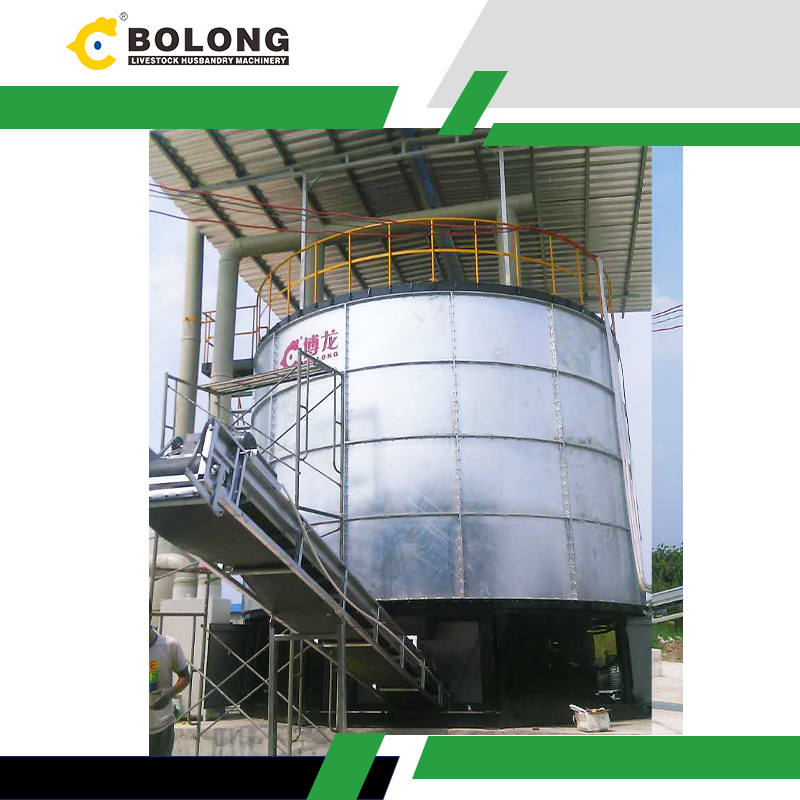
The abundance of organic solid waste throughout the world has become a common issue that needs complete management at every level. Also, the scarcity of fuel and the competition between food and substance as an alternative to a petroleum-based product has become a major problem that needs to be properly handled. An urge to find renewable

In our 3-part series, Small Changes, Big Impact, we explore the compound effect that minor adjustments can have on boosting sustainability. The third article explores innovative and affordable ways for breweries to boost sustainability by reducing, reusing, and recycling materials they no longer need. Part 1: Reducing and Reusing Ingredients.
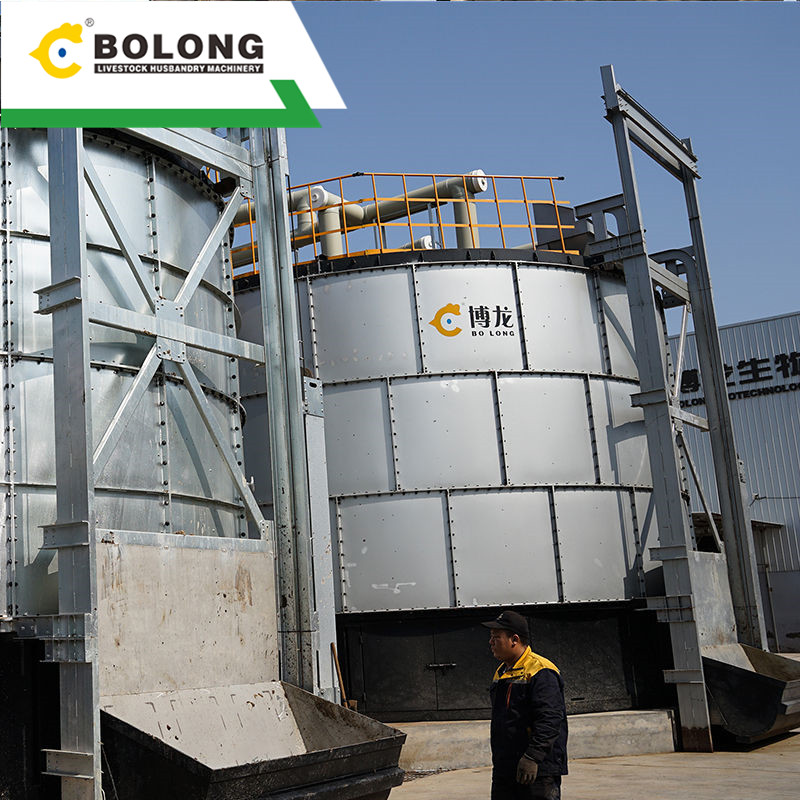
2016/5/7/ · fermentation of the ruptured tea leaves. H owever, in most cases, the process is performed at a temperature of 24-29°C for. 2-4 h o r 55-1 10 m in for orth odo x tea or cru sh, te ar, an d cur l
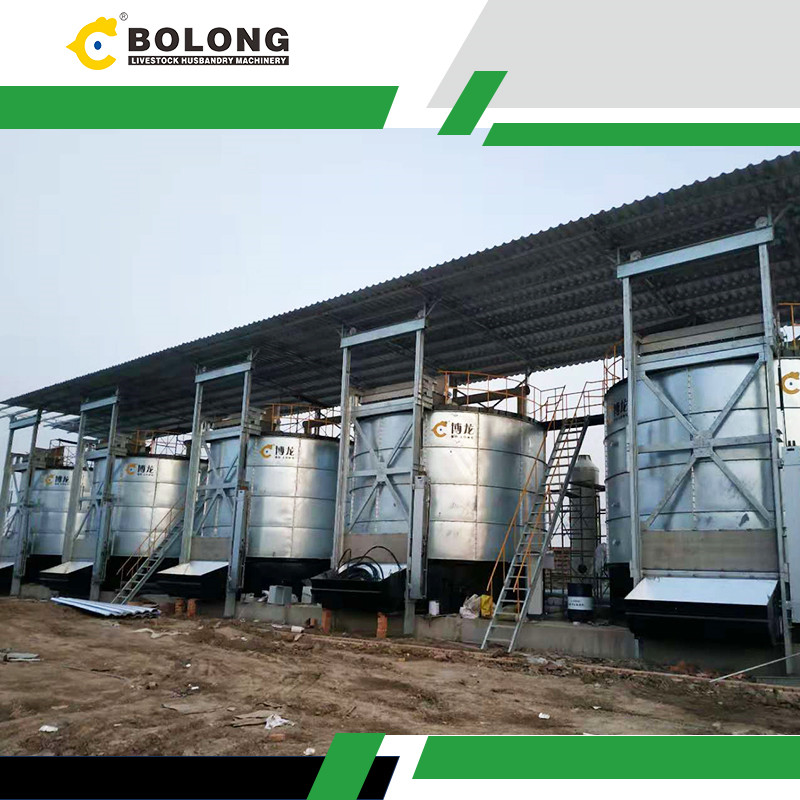
2012/10/1/ · Fermentation yielded 670 NL biogas/kg volatile solids (VS) with the CSTR and 550 NL biogas/kg VS with the FBR. The productivities were 3.9 NL biogas/ (L*d) with the CSTR and 3.4 NL biogas/ (L*d) with the FBR. The average methane concentration was approximately 60% for both reactor systems.

2023/8/28/ · Future Foods, which has been working on a trade secret micro fermentation unit, has officially launched its website and services, revealing an innovative strategy to reduce food waste and develop high-quality protein food and animal feed. Dr. Darren Burke, a science-based entrepreneur and the visionary behind Future Foods,
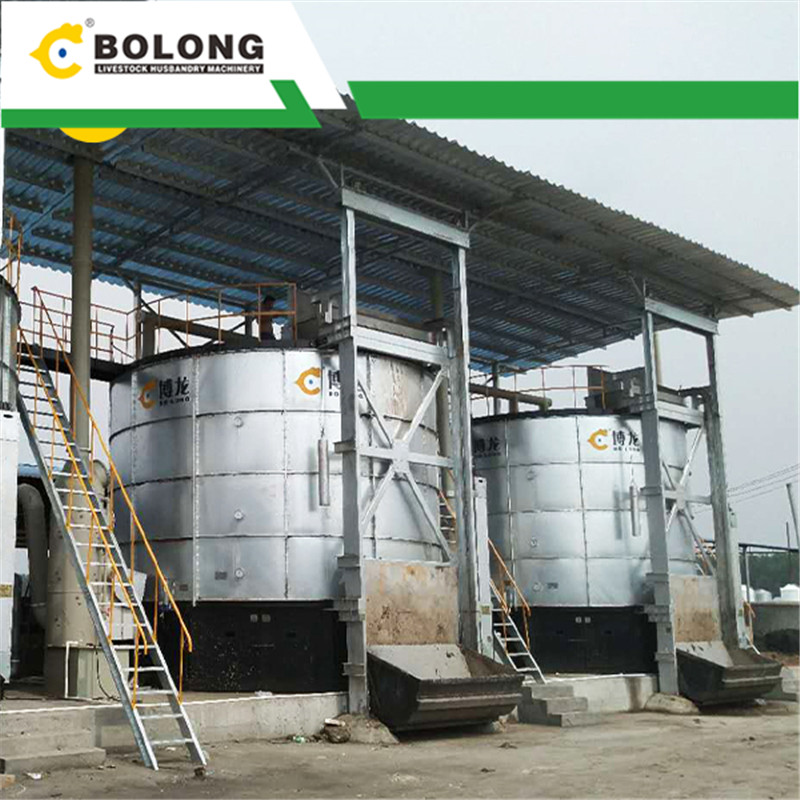
2023/8/15/ · In recent years, the anaerobic fermentation of WAS to produce volatile fatty acids (VFAs) has received extensive attention [4], [5]. On the one hand, anaerobic fermentation can realize the reduction and stabilization of WAS. On the other hand, VFAs produced are important raw materials for the chemical industry and have good economic


2024/5/1/ · It is imperative to note that lactic acid-type fermentation liquid (LAFL) markedly differs from VFA-rich fermentation liquid. During the fermentation process of food waste, lactic acid is preferentially produced during glycolysis due to its lower Gibbs free energy requirement compared to VFA (Holtzapple et al., 2022, Zhou et al., 2018).

2022/10/18/ · After hiring a fermentation expert to help reduce food waste, Id Est Hospitality Group saw their food cost drop from 32% to 22%. Kelly Whitaker, founder and chef, hired Mara King, fermentation specialist (both pictured), to pursue a zero waste model in the group’s different restaurants. Whitaker points out he doesn’t like using the term
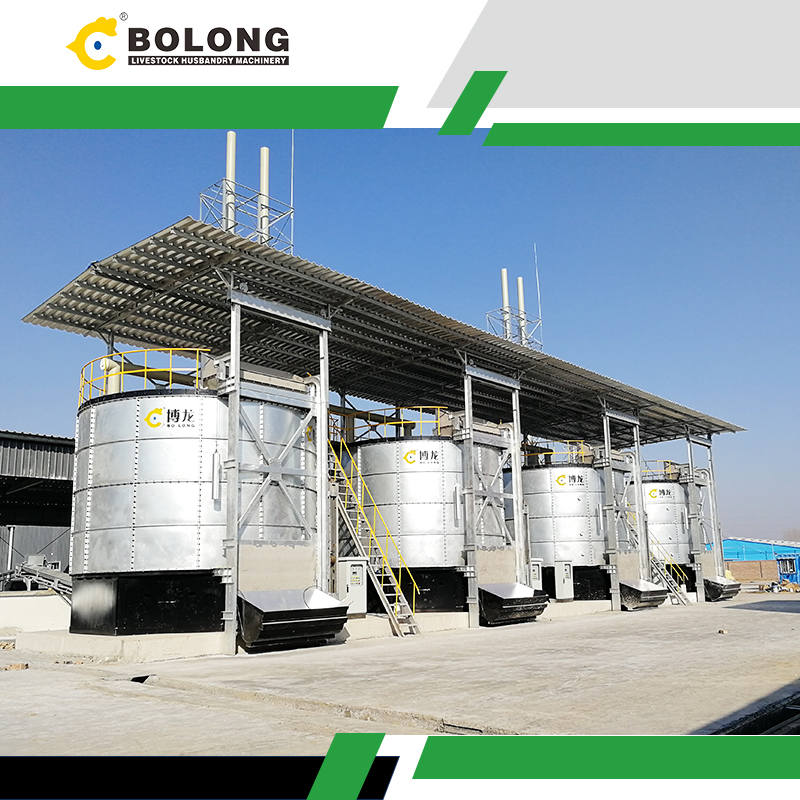
2021/8/17/ · A third of food produced globally is thrown out, but an article in Forbes explores a promising solution — more companies are using fermentation as a way to decrease food waste. A new Danish startup, Resauce, gives companies the resources to turn their food waste into fermented products. Their success stories include a farmer who

2018/6/1/ · This is because fermentation is usually the costliest process step, both in terms of variable costs (raw materials and utilities) and capital investment. In addition, fermentation performance impacts the performance of all downstream unit operations and the amount/nature of process wastes. Fermentation is also a complex unit operation
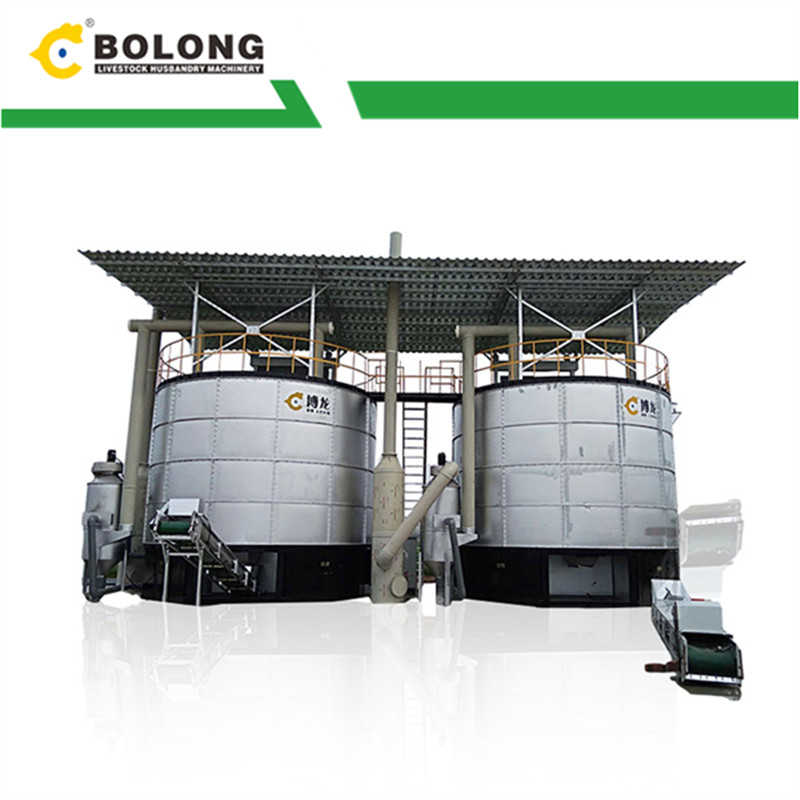
2023/5/23/ · According to the U.S. Energy Information Administration, the average American manufacturing plant paid $.083 per kilo-watt hour (kWh) in November 2022 – up from $.074 the November prior. Combining those numbers with the Brewers Association’s (BA) estimate that a barrel of beer takes 50-66 kWh to produce, it stands that a brewery

2023/10/1/ · Another study by Stylianou et al. [40] using organic fractions of municipal solid waste at high organic sugar levels (80 g L −1), could obtain up to 37.9 g L −1 SA with A. succinogenes in about 70 hrs fermentation, a maximum yield 0.50 g g −1 of total consumed sugars and productivity of 0.57 g SA L −1 h −1, when using organic

2024/6/19/ · Plant teams strive to reduce it by efficiently sequencing production lines, reducing changeover waste and improving packaging quality, to reduce breakage and damage. Warehouse waste. As our products move from manufacturing to distribution and ultimately to our customers, we may generate waste at several points along the chain

The healthcare product manufacturer operates a large fermentation and chemical synthesis plant. The total wastewater flow from the factory is 0.92 MGD (3.48 MLD); the COD, BOD, and TSS loads are 25,000, 11,500, and 3500 lb/day, respectively (11,340, 5216, and 1588 kg/day, respectively). About 70–85% of the waste is from the fermentation …